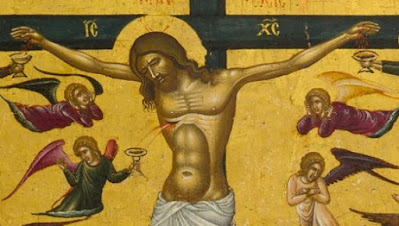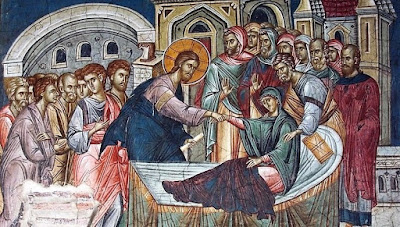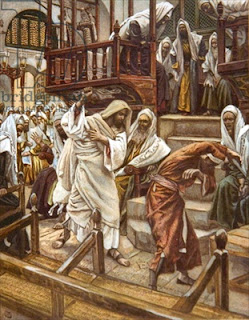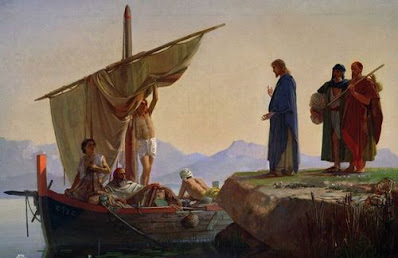Homily for the 6th Sunday in Ordinary Time, February 14, 2021, Year B
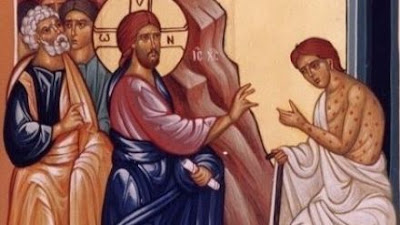
Fr. Charles Irvin Diocese of Lansing ( Click here for Sunday’s readings ) The gospel account we’ve just heard is part of St. Mark’s introduction of Jesus. It has to do with Jesus’ identity, as have the gospel accounts over the past few Sundays. From the Sunday we celebrated the Baptism of the Lord through the Sunday before Ash Wednesday St. Mark is presenting us with the question: “Who is this Jesus?” Mark’s answer? “The One who has come to bring outcasts back in.” He has come for the outcasts, the outsiders, the lepers, the sinners, and those we disdain. The great irony is that Jesus, the One who came for outcasts, Himself had to get out of town. Note that in several of these gospel accounts we’ve heard, St. Mark reports: “Jesus could no longer go openly into any town, but had to stay outside in places where nobody lived.” That’s true even today in our surrounding culture. It is not politically correct, we are told, to talk about Jesus in public. He has to be kept from wher

